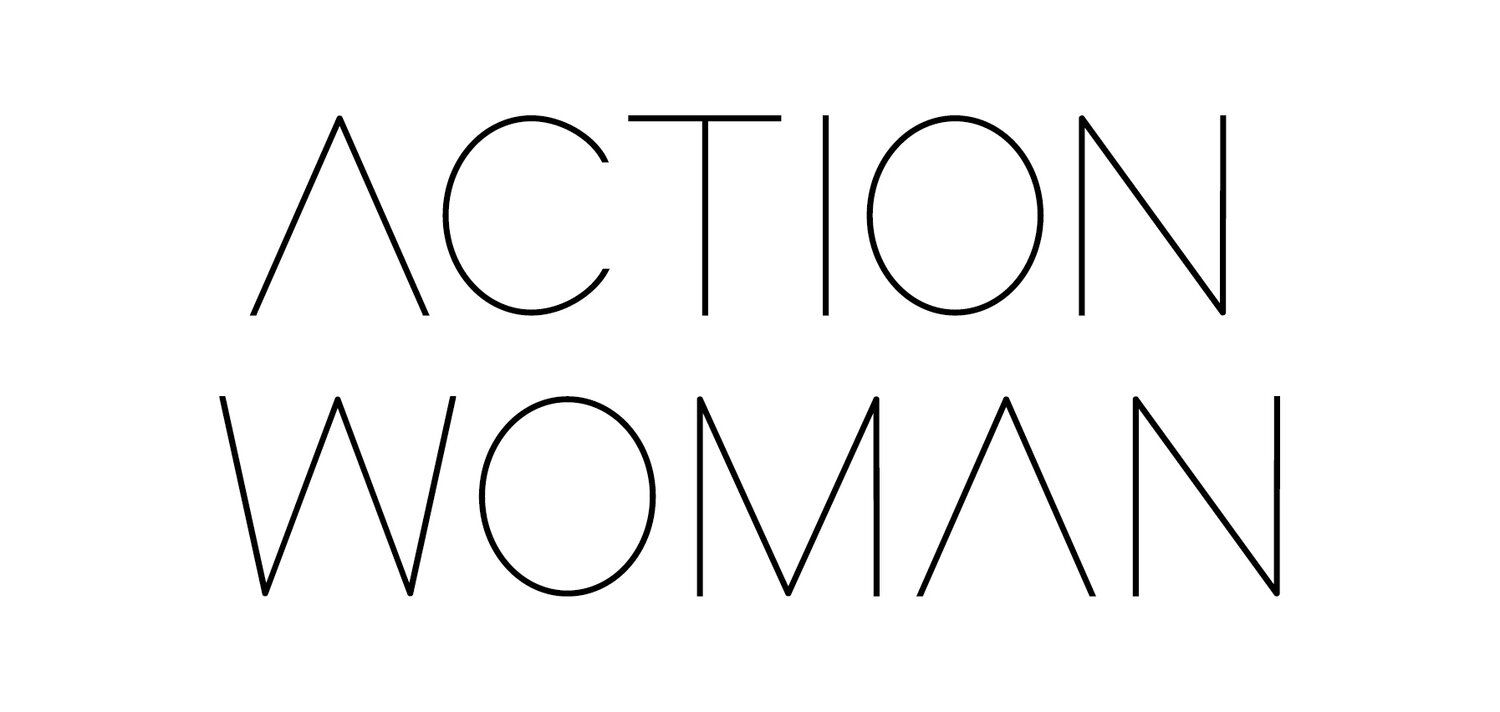COVID Career Change - FAQ
/Never before have we seen such global uncertainty and volatility so worries around security, employment and the future are to be expected. Here are some of the most common concerns I’m seeing amongst my clients:
“I can’t help but worry that furlough was a reflection on my performance”
With not all staff being furloughed and lots of time to think the whole process can feel a little threatening to job security for some. It’s important to retain a sense of perspective. This is a global crisis and required many drastic actions to try to keep both lives and businesses safe. I’ve encouraged clients to write a list of all their professional achievements, positive feedback and strengths as a way to reconnect with the reality of who they are and what they are capable of. To focus on their competence as they return to work and lean into the fact that it may take a while for their full confidence to return. Communication is key here too - ask for a return to work meeting and be honest about what is on your mind.
“I don’t want to return to normal”
Lockdown and furlough have been an enforced pause. And a pause can be so powerful (I'm sure we can all remember an English or Drama teacher telling us that!). In that space, that pause, lies the power to choose and the power to change. So before you head back to work take the time to assess what you want to change going forward. Perhaps this is a time to focus on your work/life balance, perhaps you want to be more ambitious, perhaps you even want to grasp new opportunities. This is your chance to be intentional about what you want to take out of this situation as positive learning to make the future even better. I’ve been coaching clients to get clear on their personal plan for this.⠀⠀⠀⠀⠀⠀⠀⠀⠀
“I’ve been made redundant and don’t know if I’ll get another job"
Redundancy is hard and can feel very personal but these are unprecedented times and companies are having to make very difficult decisions. The most powerful thing you can do in this situation is to exercise optimism. To create a mindset full of hope and possibilities as that way we see all of our options more clearly but also we do not let this one event cloud every aspect of our life.
⠀⠀⠀⠀⠀⠀⠀⠀⠀
Here’s a brilliant emotional intelligence exercise you can try using the TIE model. Think about a current situation where you might be feeling stuck or frustrated or you might feel like there are no real options for you. Now reaffirm these three things about your situation:⠀⠀⠀⠀⠀⠀⠀⠀⠀
⠀⠀⠀⠀⠀⠀⠀⠀⠀
T: Temporary. This situation will pass. Can you imagine how your life will look and how you will feel when it does?⠀⠀⠀⠀⠀⠀⠀⠀⠀
⠀⠀⠀⠀⠀⠀⠀⠀⠀
I: Isolated. This is an isolated event that is only one part of your life. What other part of your life is going relatively well?⠀⠀⠀⠀⠀⠀⠀⠀⠀
⠀⠀⠀⠀⠀⠀⠀⠀⠀
E: Effort. With effort, you can change parts of this situation. What of this situation is in your control? What are some options for helping yourself?⠀⠀⠀⠀⠀⠀⠀⠀⠀
⠀⠀⠀⠀⠀⠀⠀⠀⠀
How does the situation look and feel now? Can you see a different way forward? I offer online coaching sessions to focus on how to move forward and maintain confidence if you find yourself in this position and feeling stuck.
“I’m finding it hard to focus now I’m back at work”
Many of my coaching clients are struggling with this. It’s likely you’ve had to create a new routine whilst furloughed and the thought of trying to get back to full work days (especially with the added pressure of homeschooling and/or working from home) can be very daunting. Clients find working on these three areas very effective in rediscovering that focus:
Environment: Make sure you are set up in space to work with the minimum of distractions and all the things you need close to hand. By moving to a dedicated space you can create the sense of heading off to work even if this is the dining room table. Why not even treat yourself to some new home office essentials?
Planning: It may feel like there is a lot to catch up on so invest the time to think about what it is you want to achieve each week and then each day and commit just to that. By having a clear action plan to tick off you will reduce the mental overload that can result in us freezing and not knowing where to start
Time blocking: Look at your day and map out exactly what you will do in each hour or allocated length of time. Now do your best to stick to that. Add in breaks and notice if you are over or underestimating how long things take as then you can adjust accordingly. If you really struggle then google the Pomodoro technique and give that a whirl - it’s a great way to increase focus and productivity
I’m here to help whatever your question so please drop me a line if you recognise any of these situations

